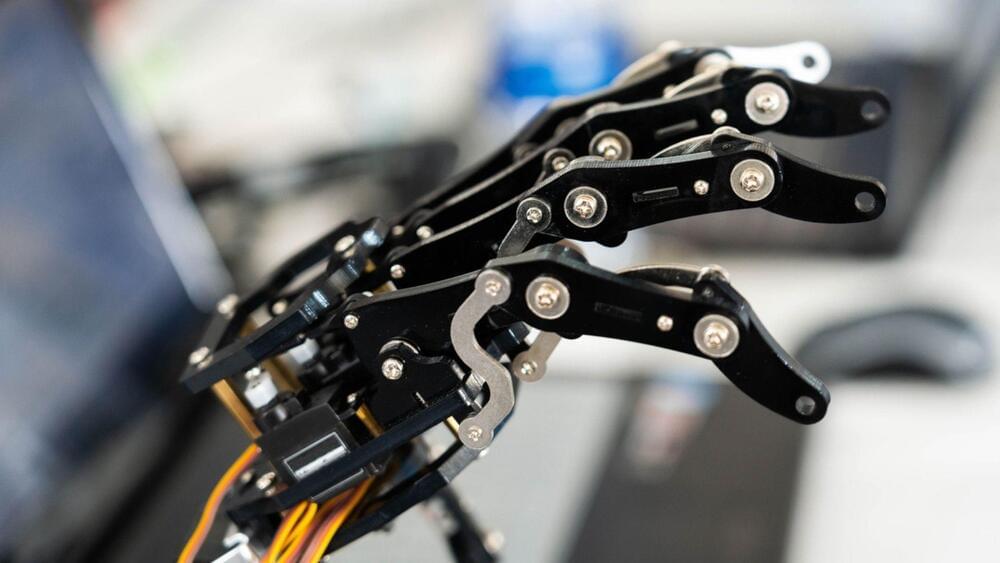A recent study from researchers at the University of California, Irvine found that the removal of cilia from the striatum region of the brain negatively impacted time perception and judgement, opening the possibility for new therapeutic targets for mental and neurological conditions such as schizophrenia, Parkinson’s and Huntington’s diseases, autism spectrum disorder.
Autism Spectrum Disorder (ASD) is a complex developmental disorder that affects how a person communicates and interacts with others. It is characterized by difficulty with social communication and interaction, as well as repetitive behaviors and interests. ASD can range from mild to severe, and individuals with ASD may have a wide range of abilities and challenges. It is a spectrum disorder because the symptoms and characteristics of ASD can vary widely from person to person. Some people with ASD are highly skilled in certain areas, such as music or math, while others may have significant learning disabilities.









